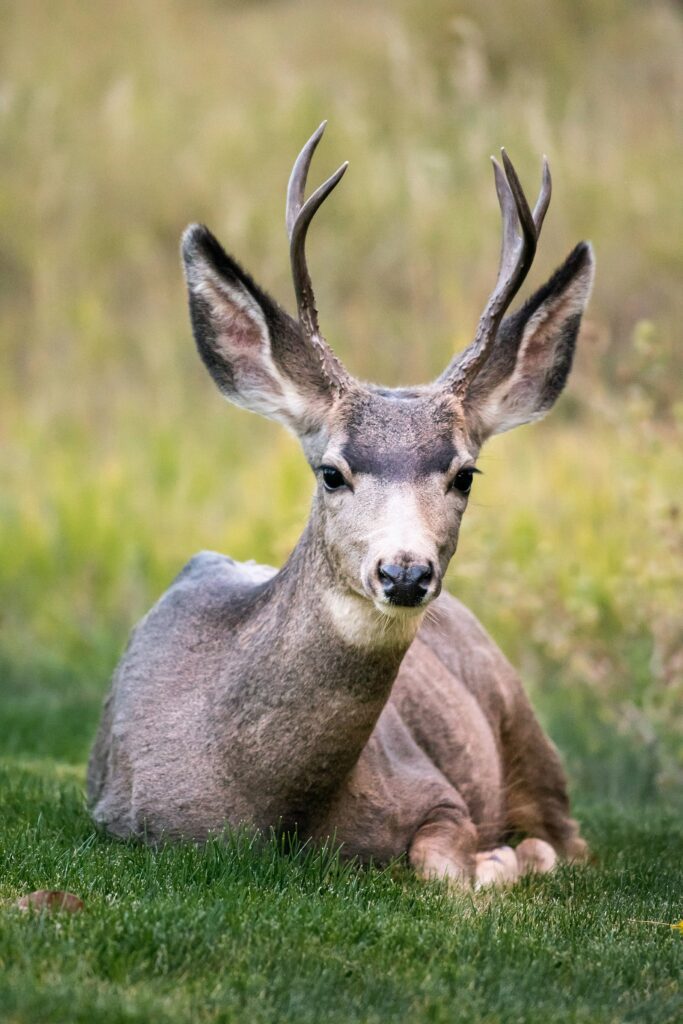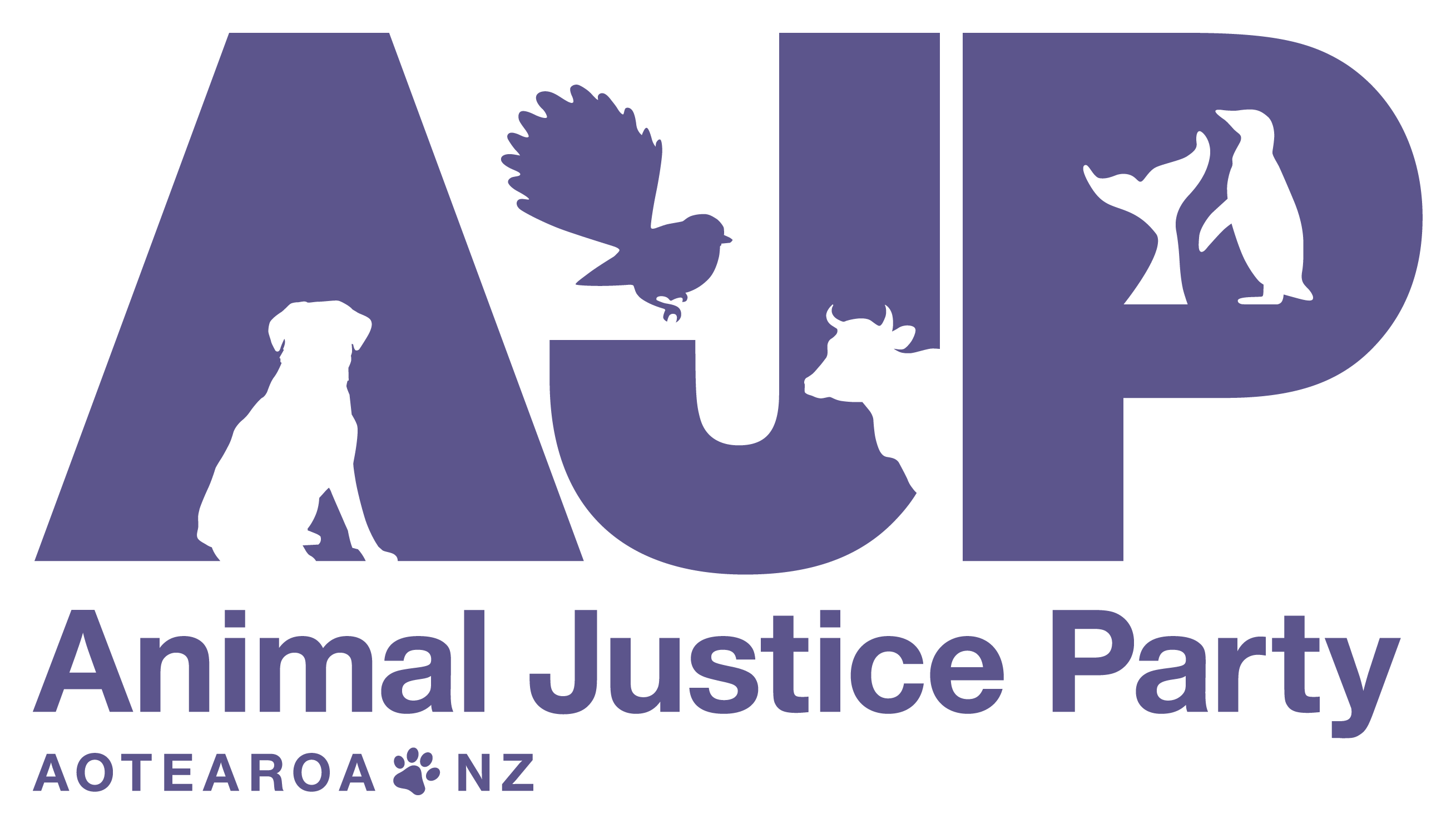Recreational hunting involves the pursuit and killing of animals for ‘sport’. This practice not only causes unnecessary suffering to animals but also fosters a culture of violence and desensitisation towards animal life. Significant suffering is inflicted upon animals: they may endure prolonged pain from injuries before dying, and non-target species often become unintended victims.
Hunting competitions exacerbate ethical concerns by incentivising the rapid, large-scale killing of animals for prizes and recognition. This pressure often leads to inhumane practices and a disregard for animal welfare. Current practices in some New Zealand schools encourage children to participate in the mass killing of animals, often framed as a game or competition, in which violence is normalised and young minds become desensitised to the suffering of living creatures. Activities like ‘Toss the Poss’ not only disrespect animal life but also teach children to view certain species as disposable, rather than as sentient beings with lives of inherent worth.
Hunting promotes and normalises violence against animals, dulling society’s sensitivity to animal suffering. Instead of fostering a connection with nature and teaching responsible environmental stewardship, hunting promotes a harmful and oversimplified approach to wildlife management.
New Zealand allows the hunting of an arbitrary and wide range of animals including, to name a few, deer, pigs, free-roaming cats, rabbits and various bird species. Seasonal restrictions may apply or licences may be required.
Hunting practices cause significant suffering across various species. For example: many animals are not killed instantly, resulting in painful wounds and prolonged suffering; injured animals that escape often face a slow, agonising death and the use of certain hunting methods, such as traps or particular types of ammunition, can increase the likelihood of non-fatal injuries. In the case of duck hunting, a seasonal activity, an estimated one million birds are affected annually, highlighting the scale of the issue. These problems are not limited to any single species but are inherent risks in many forms of hunting.
The practice of hunting also disrupts local ecosystems and harms other wildlife in several ways: It can lead to habitat destruction or modification as hunters create access points or use methods that impact the environment; Non-target species may be accidentally injured or killed and the presence of hunters and their equipment can cause stress and behavioral changes in animals, affecting their natural patterns. Importantly, these harmful practices are unnecessary for wildlife management. New technologies,such as wildlife contraception, more humane methods for managing wildlife populations that do not involve lethal means which tend to be more effective in maintaining long-term ecological balance.
Recreational hunting and hunting competitions are ethically indefensible and cause significant animal suffering. AJP advocates for non-violent, community-friendly entertainment that aligns with society’s progressive concerns and higher ethical and moral principles, and does not exploit and undermine animals’ well-being.

Key Objectives:
- Ban all forms of recreational hunting.
- Ban hunting competitions.
Interim measures, while we work towards the ban, include:
- Strengthen enforcement of existing animal welfare laws.
- Call for an immediate ban on duck shooting.
- Call for an immediate ban on the hunting of feral cats.
- Enforce regulations to prevent children from participating in hunting activities, including ‘school gala days’.
